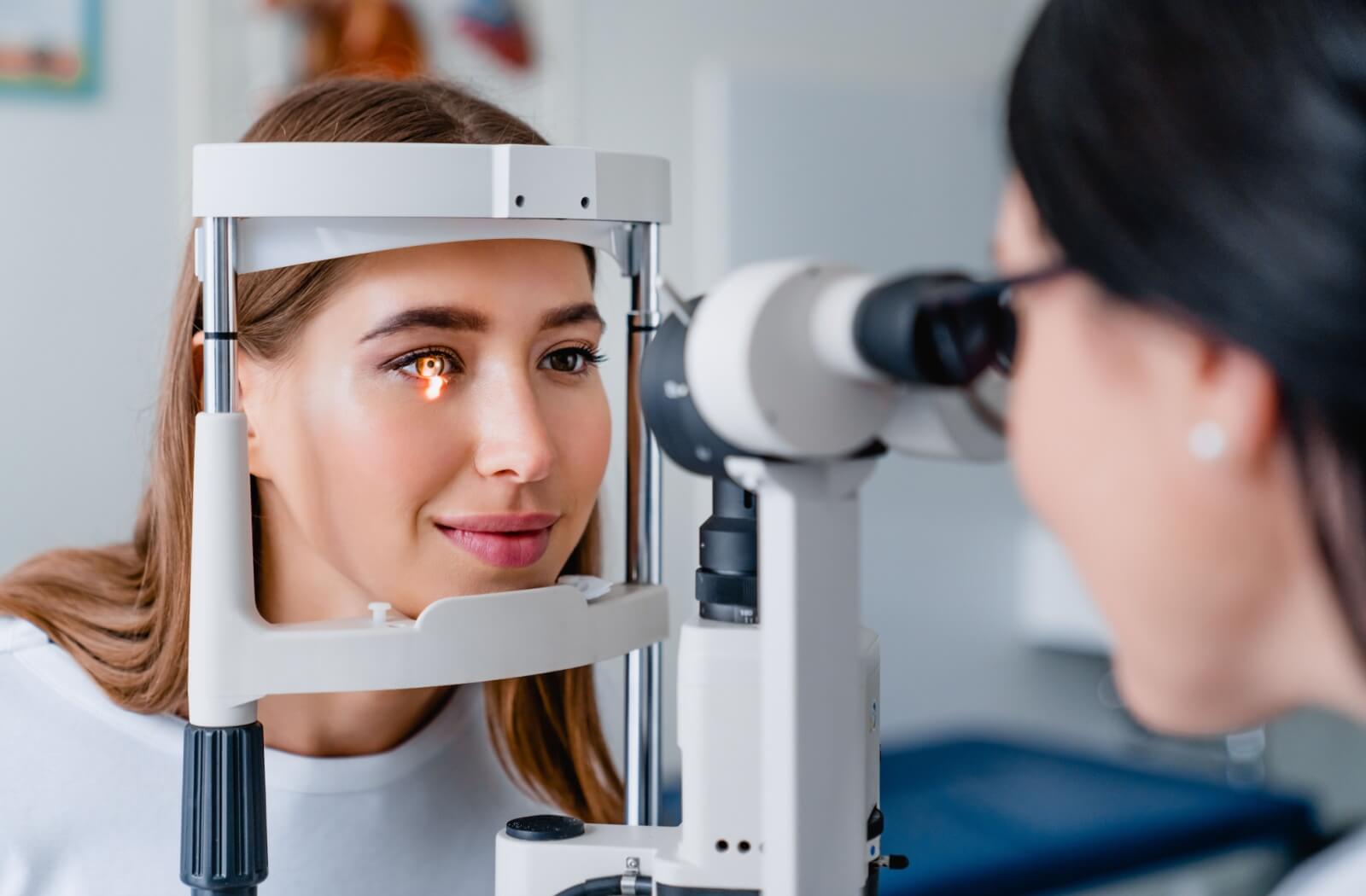All Categories
Featured
Table of Contents

Normal eye assessments are essential for maintaining great vision and finding possible eye wellness concerns early. The regularity of these tests can differ considerably based on an individual's age, lifestyle, and overall health and wellness. Comprehending the suggested schedule for eye tests can help guarantee that individuals of any ages get appropriate care and tracking for their eye wellness.
Infants and Toddlers (0-2 Years)
For toddlers and babies, eye exams are crucial for finding any kind of potential vision troubles beforehand. The American Academy of Ophthalmology suggests that a kid's very first eye examination should take place at around six months of age. During this first go to, the eye care professional will evaluate the child's aesthetic growth and check for any apparent eye issues.Following this very first exam, it is suggested that kids have one more eye examination at age 3. This browse through will certainly focus on assessing the youngster's total visual feature, consisting of eye placement and the ability to track items. If no concerns are discovered, the following examination should be set up prior to the youngster starts school, normally around age five or 6.
School-Aged Kids (6-18 Years)
When youngsters get to college age, regular eye exams ought to be arranged every one to 2 years. Vision is crucial for discovering and growth, and lots of institutions conduct vision testings. These screenings do not change a detailed eye test by an eye treatment professional.For kids associated with sports or activities needing substantial aesthetic emphasis, yearly eye tests may be suggested. Furthermore, if a child displays indications of vision issues-- such as trouble reviewing, squinting, or constant frustrations-- a see to the eye physician should be set up as soon as possible.
Young Adults (19-39 Years)
Young adults commonly have fewer vision modifications than older age, but normal eye examinations continue to be crucial. The basic referral is to set up an eye exam every two years during this duration. However, people with details risk elements-- such as a family history of eye illness, diabetes mellitus, or those who wear call lenses-- need to consider yearly eye exams.Additionally, those that invest significant time on digital tools might experience digital eye strain. If symptoms such as dry skin, exhaustion, or obscured vision happen, it might be smart to see an eye treatment specialist faster.
Grownups (40-64 Years)
Adults aged 40 to 64 need to schedule eye examinations every one to 2 years. Eye exams can likewise assist detect other typical age-related conditions such as glaucoma, cataracts, and macular deterioration.If people in this age team have danger variables like hypertension or diabetic issues, they may require even more regular assessments to check their eye health and wellness closely.
Elders (65 Years and Older)
For elders, normal eye tests come to be also more crucial. The American Optometric Association recommends that people matured 65 and older have an eye examination at least as soon as a year.Conclusion.
Recognizing the appropriate routine for eye tests based upon age is essential for maintaining ideal eye health throughout life. From babies to senior citizens, regular eye assessments play an important duty in detecting problems early and guaranteeing that vision continues to be sharp. By adhering to these standards and consulting with an eye care specialist, people can take positive actions toward protecting their vision and overall health. Whether it's a youngster's very first check out or an elderly's yearly examination, prioritizing eye treatment is a financial investment in lifelong wellness.Latest Posts
Trusted Tinley Park Roofing Contractors – Quality Roofing Services by Aabel Roofing
Published Nov 23, 24
3 min read
Dependable Roofing Services from Aabel Roofing
Published Nov 23, 24
3 min read
LazerTown
Published Nov 23, 24
1 min read